I’m still not entirely sure that Atlas Reactor should work as well as it does. A turn-based strategy with heavy MOBA influences, developer Trion Worlds’ free-to-play multiplayer game somehow winds up being infinitely more accessible than the combination of those two genres would suggest, forming one of the most surprisingly enjoyable multiplayer experiences I’ve had thus far this year… and it’s only in beta.
Atlas Reactor pits two teams of four “Freelancers,” the game’s term for its roster of characters, against one another in a turn-based deathmatch, though it’s much more fast-paced than you’d expect. With each match typically lasting between 15-20 minutes, turns are split into two phases with each lasting for around a minute each. The ease with which you can jump right into a match, not to mention the comparative simplicity of its mechanics, make it vastly more forgiving to newcomers than other games of its ilk.
The first of these phases, decision mode, is where you’ll plan out your course of action, selecting which attacks/abilities you wish to use before deciding where your character should move. Each character is armed with five skills which, aside from your primary attack, have their own cooldown time depending upon how powerful they are. The key to success in decision mode is in effectively guessing your enemies’ next move, and then planning out your turn accordingly. You can set traps, help out your teammates with buffs or decide to gun down a guy who’s idly standing next to you, but you’re forced to weigh up both risk and reward before you “lock in” your turn, with you then moving on to the resolution mode.
Resolution mode is where you’ll get to see how effective your decision-making skills were, with each player’s attacks being launched one-by-one. Watching the enemy play directly into your hands during this mode is immensely satisfying, and the very rare occasions in which you fell two or more opponents with one carefully orchestrated attack will make you feel nigh-on unstoppable. During one particular match, I assumed the role of Gremolitions Inc, a Freelancer who specializes in laying down explosive traps and firing out bombs. While being pursued by an enemy Rask—a tank class that deals out tons of damage when up close and personal—I used one of my attacks to launch them backwards and onto a pile of mines I had previously laid on the ground, completely eradicating their health bar and scoring a point for our team. Suffice to say, it felt good.
Atlas Reactor is full of these celebratory moments. You’ll place a damage-dealing blockade only for a handful of enemies to unwittingly run through it; you’ll dash out of the way of an incoming special move that, if landed, would have spelled imminent death; in the most triumphant of scenarios, you’ll coalesce with your teammates in order to deal out a huge amount of punishment to an unfortunate soul who had the displeasure of being on the receiving end of your moment of brilliance. After sinking hours into its closed beta, I’ve yet to have a dull match.
But that’s not to say that the game in its current state isn’t without its faults. If you were wondering where the MOBA influences come into play, then the correct answer at the time of this writing would be “not as well as they should.” Though in terms of its gameplay Atlas Reactor is a unique spin on the turn-based strategy genre, the game lifts its aesthetics and character designs straight from popular MOBAs, so much so that visually it struggles to forge its own identity. The Freelancers you can choose from are each underwhelming in both design and personality, and with this set to be a F2P game reliant upon players paying to unlock new Freelancers and skins to turn a profit, this could present an immediate problem for the developers.
This is also the main reason why I was so surprised by how much of a good time I had with it. With "MOBA" the most popular buzzword of 2016, there are so many games releasing this year that provide their own spin on the genre, from Battleborn through to Overwatch, that from what I had seen of it, Atlas Reactor looked wholly derivative by comparison. But even though its characters would suggest otherwise, this is not a second-rate LoL with strategy elements tacked on—it’s a strategy game that has been forced to doll itself up as a MOBA in order to attract a wider audience. This doesn’t work in its favor.
That’s particularly unfortunate when you consider that the F2P model it has lifted from other MOBAs is among the most forgiving. Though you can choose to purchase Freelancers, skins,and taunts with real-world money, acquiring them using in-game currency is very achievable, to the point where I had acquired my first Freelancer after only an hour or so of playtime. For those concerned that Atlas Reactor is yet another “play to win” title, it also places its lineup of characters on rotation similar to LoL, meaning that you’ll be able to try your hand at each Freelancer eventually even if you abstain from putting down your cold, hard cash.
I’ve been left significantly impressed by the time I’ve spent with Atlas Reactor, and given how swiftly its beta has hooked its claws into me, I can’t wait to get my hands on its full release later this year. Hopefully many will be able to overlook the superficial problems I took issue with, as there’s plenty to enjoy in this thoroughly original take on the strategy genre.
atlas-reactor
-
atlas-reactor #1
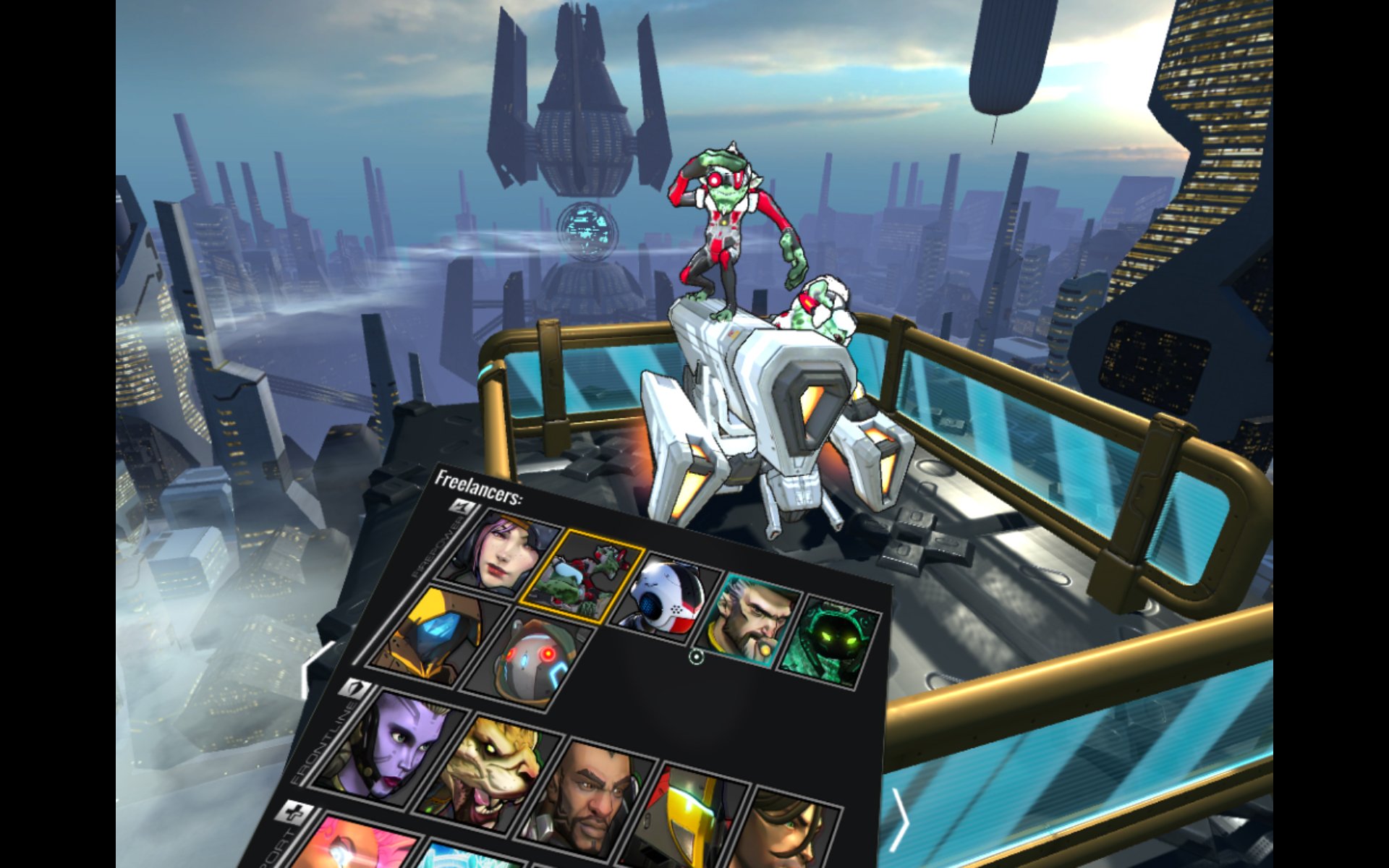
-
atlas-reactor #2

-
atlas-reactor #3

-
atlas-reactor #4
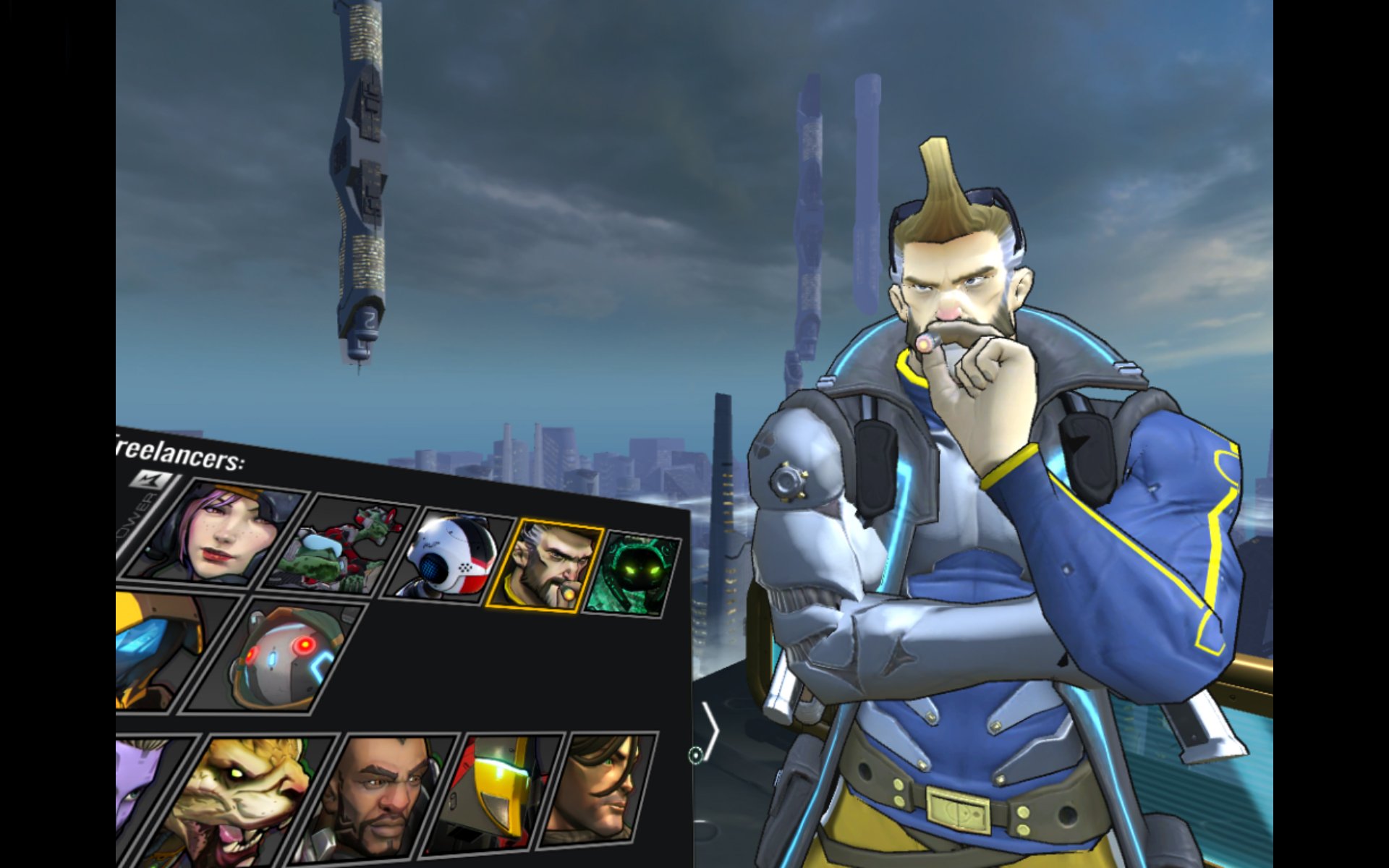
-
atlas-reactor #5
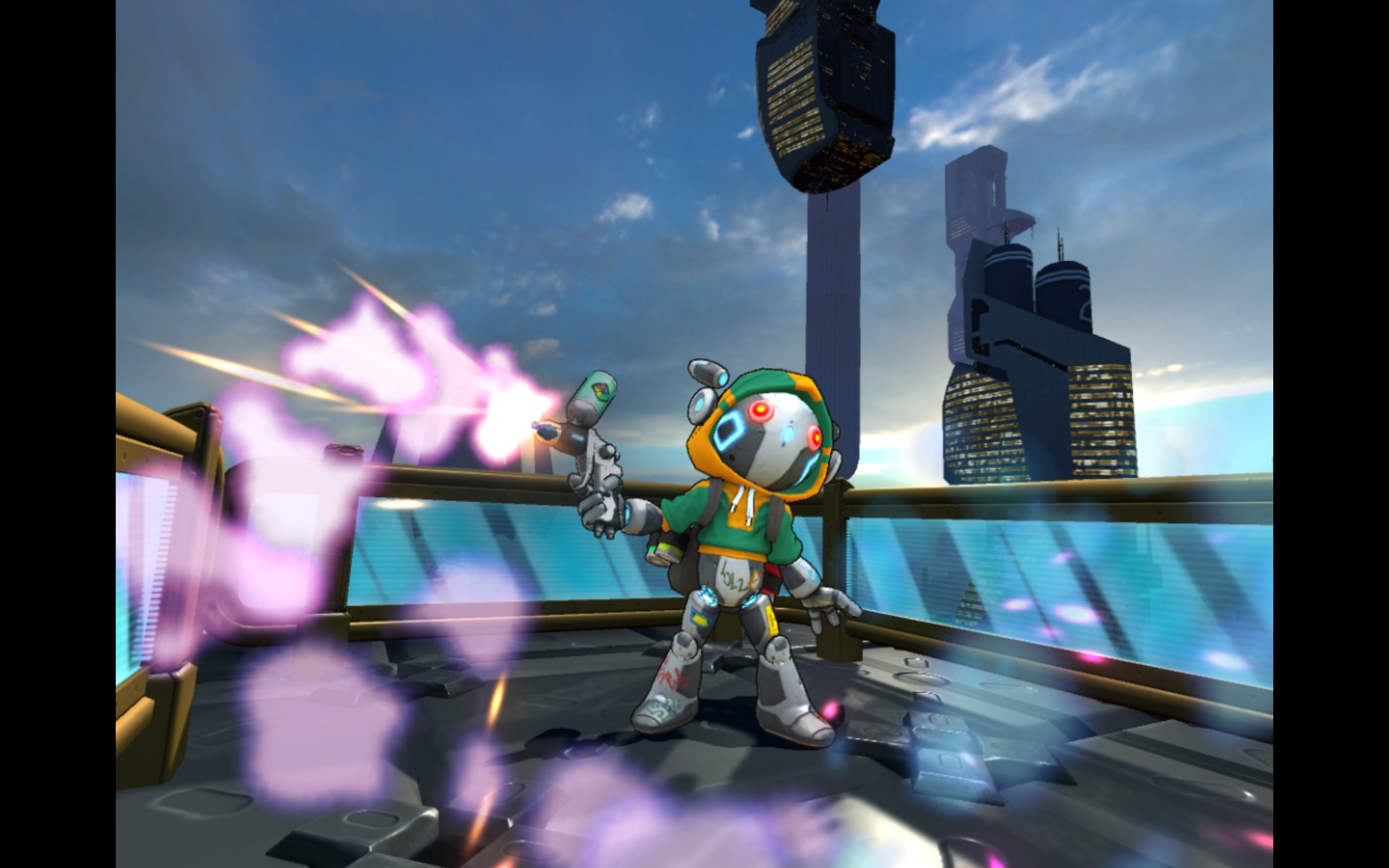
-
atlas-reactor #6
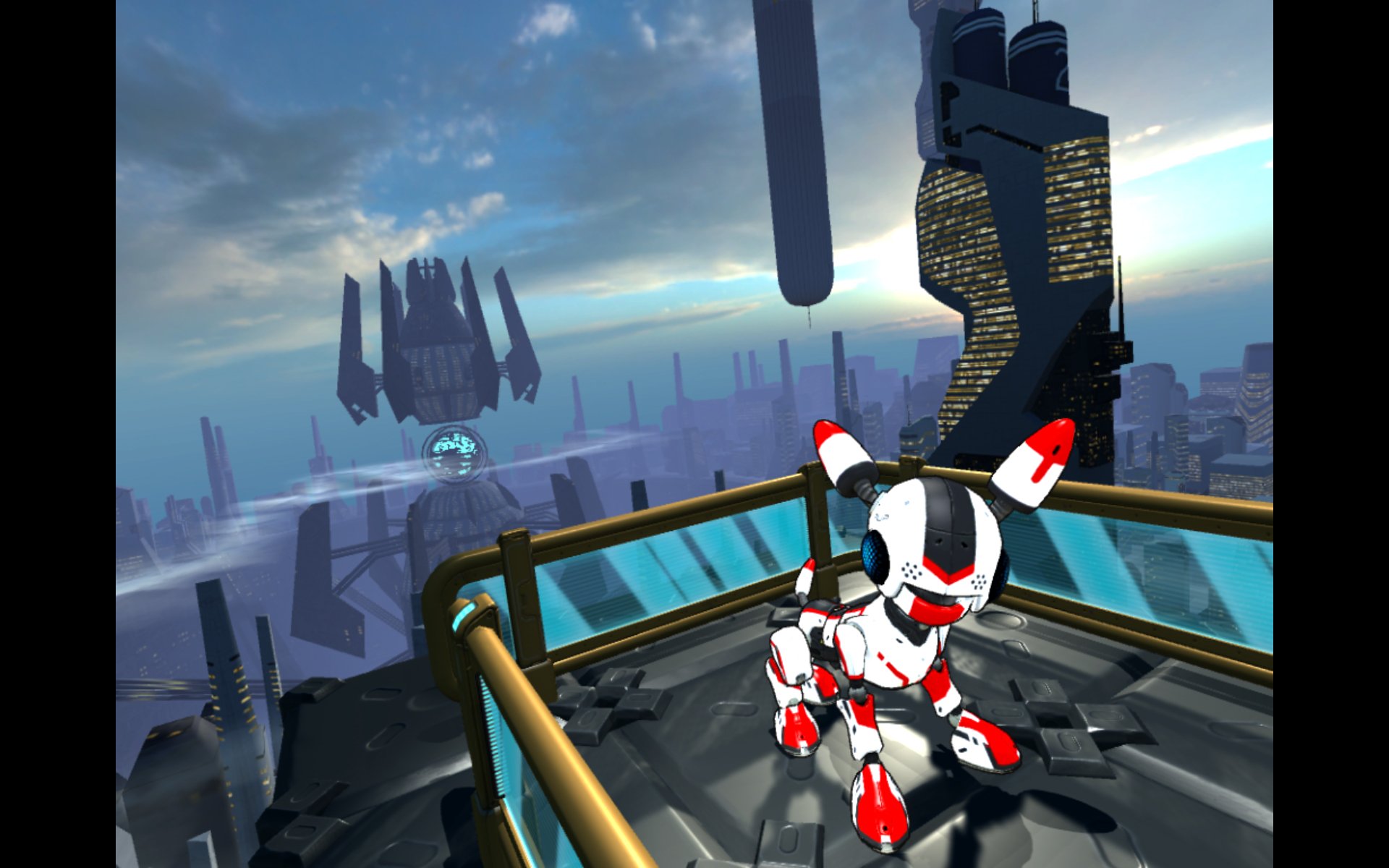
-
atlas-reactor #7
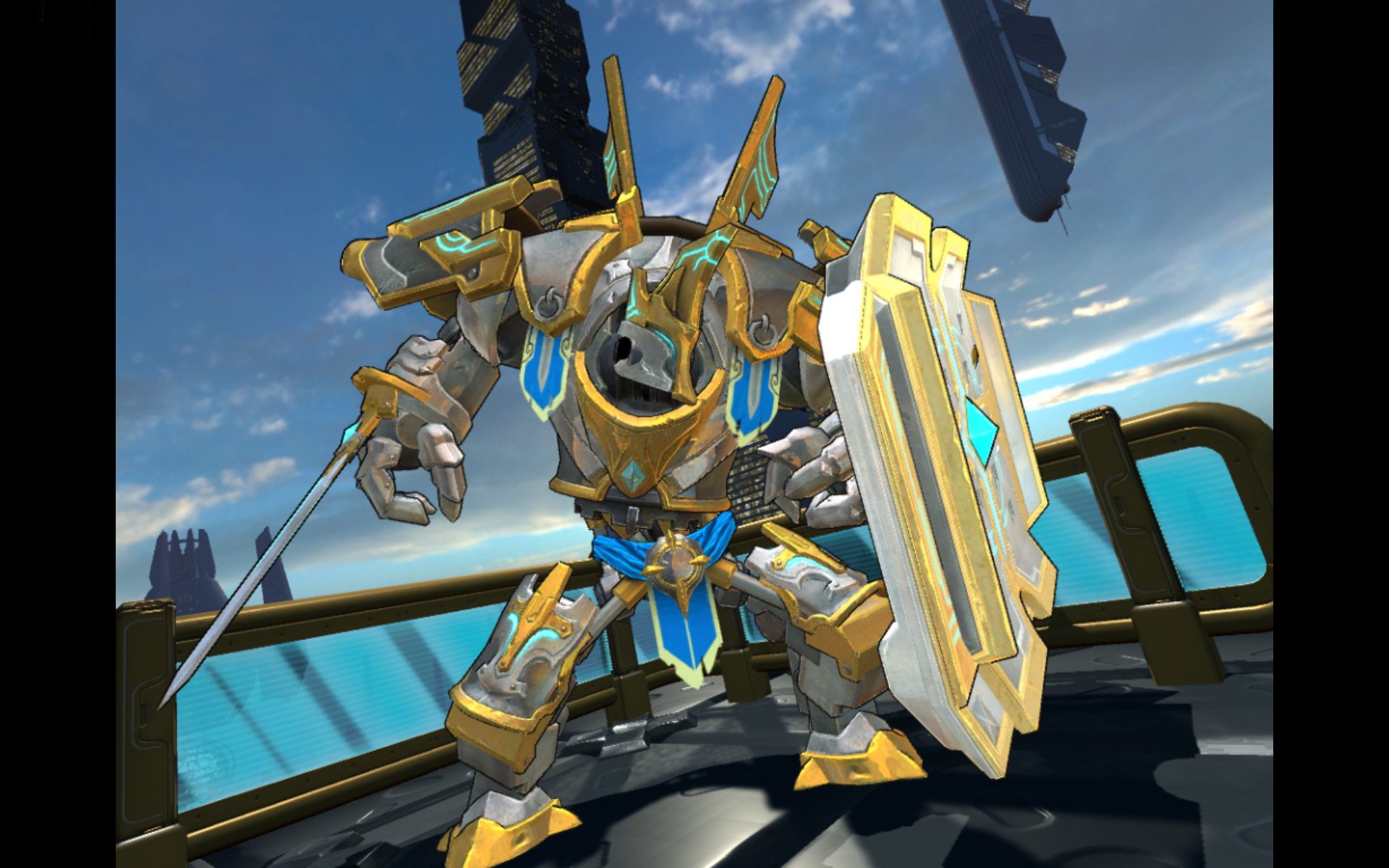
-
atlas-reactor #8
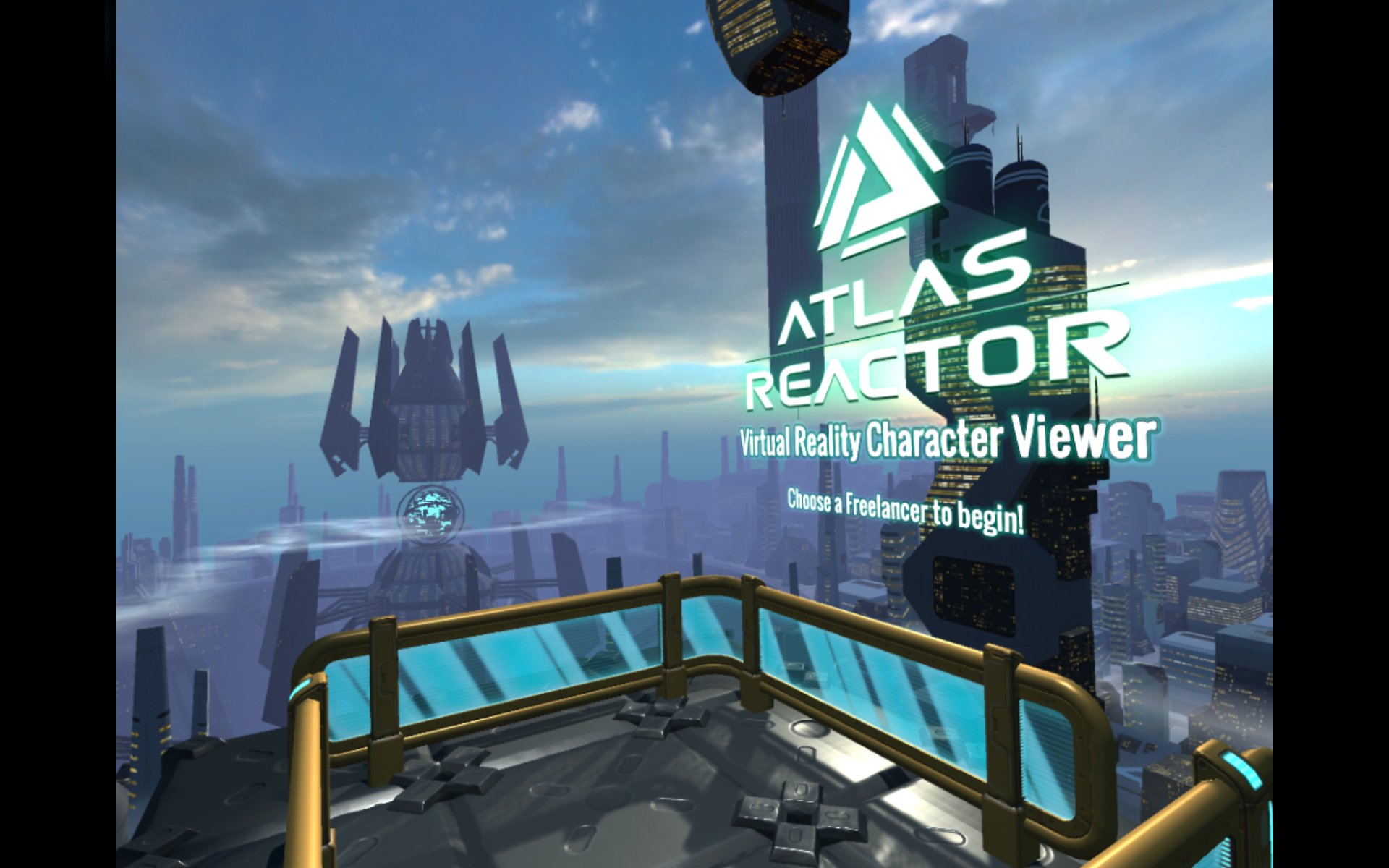
-
atlas-reactor #9

-
atlas-reactor #10
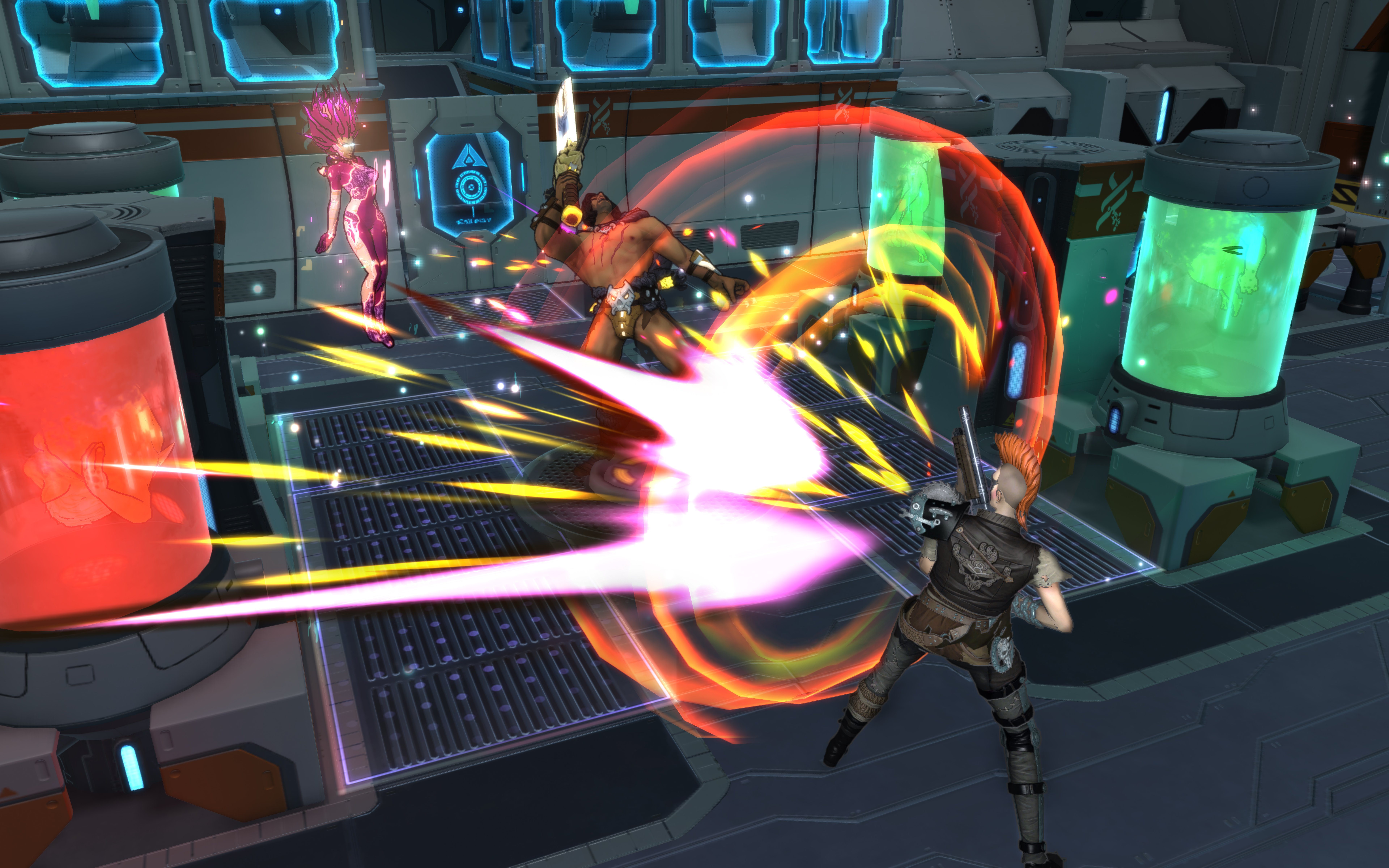
-
atlas-reactor #11
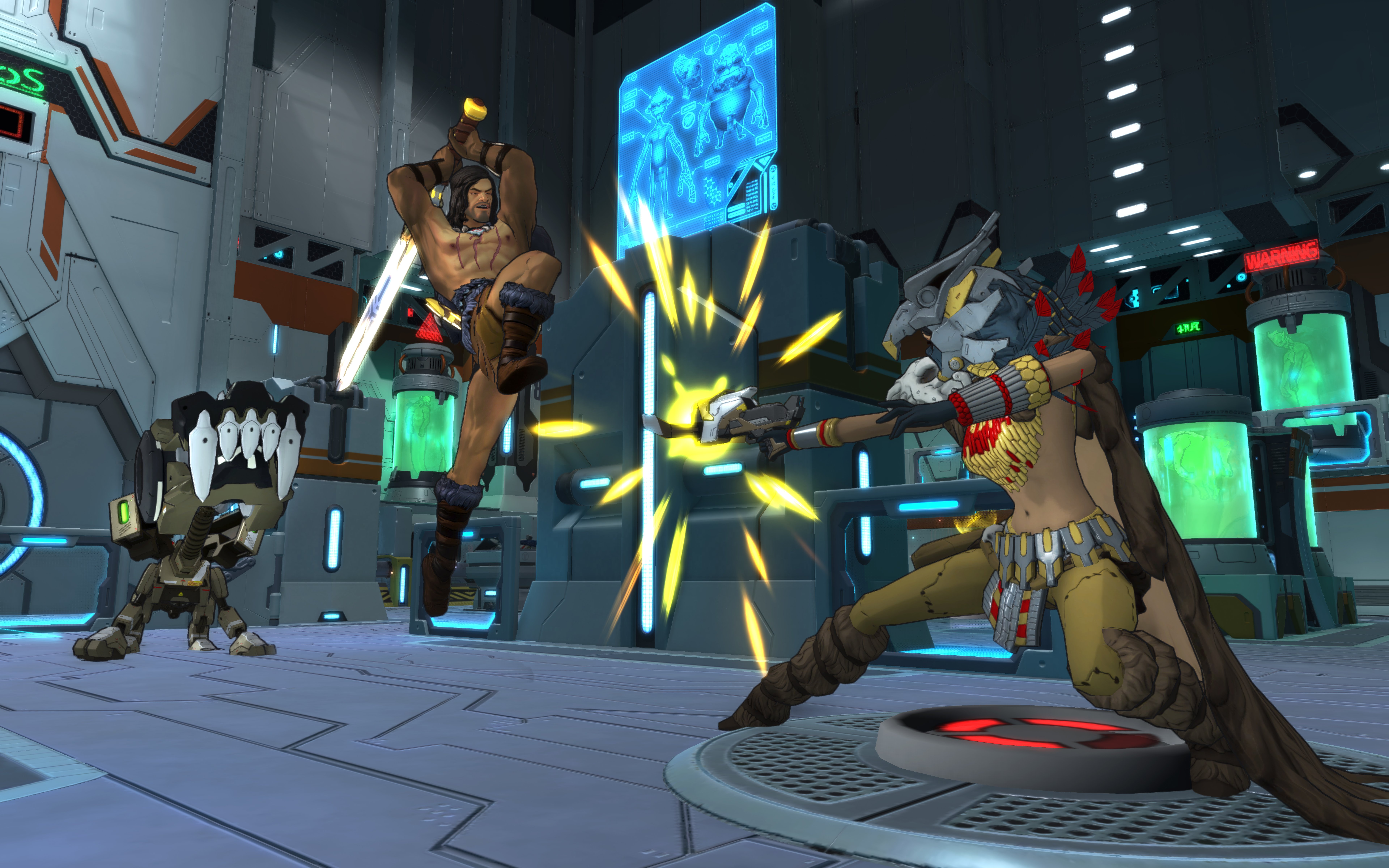
-
atlas-reactor #12
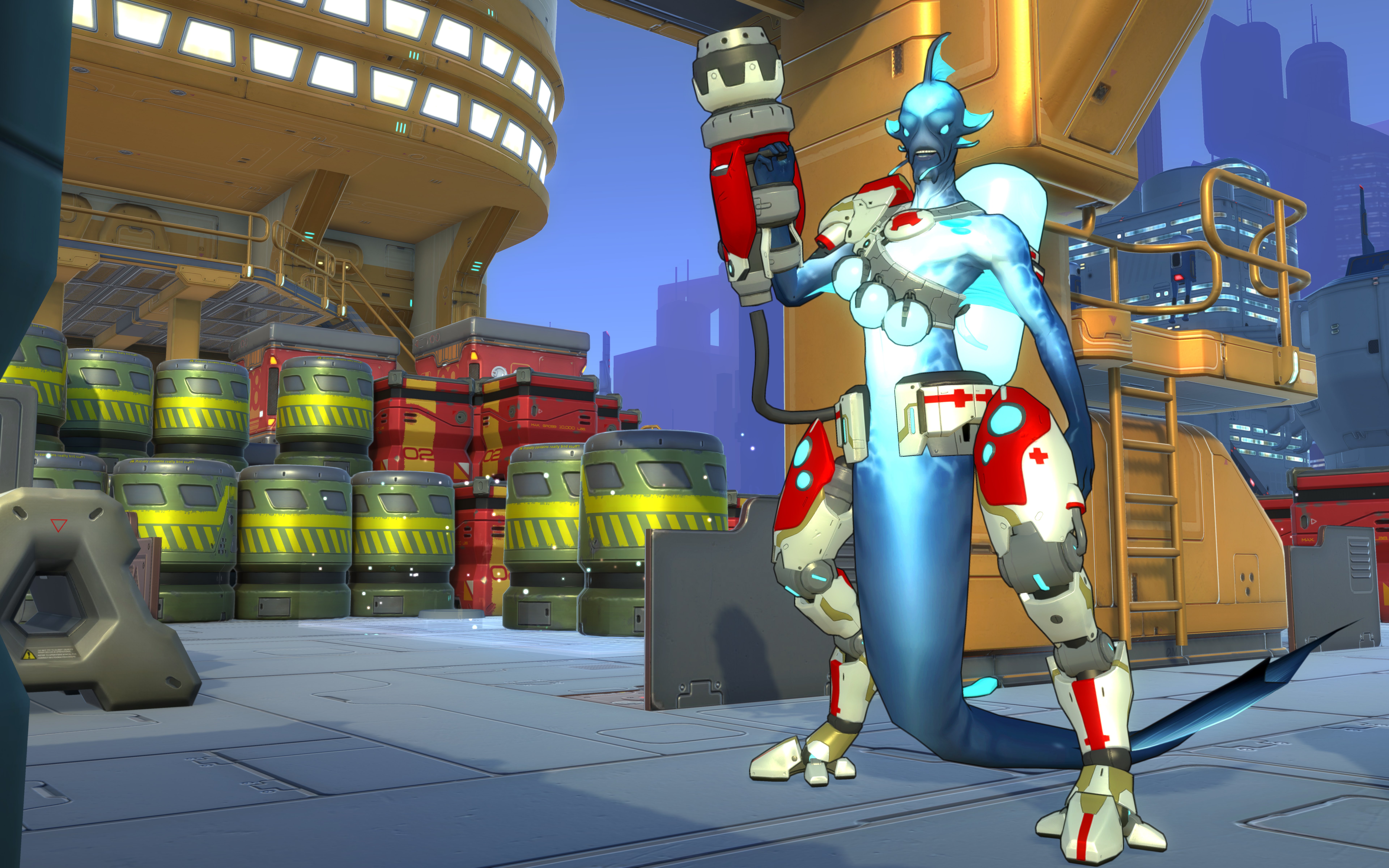
-
atlas-reactor #13
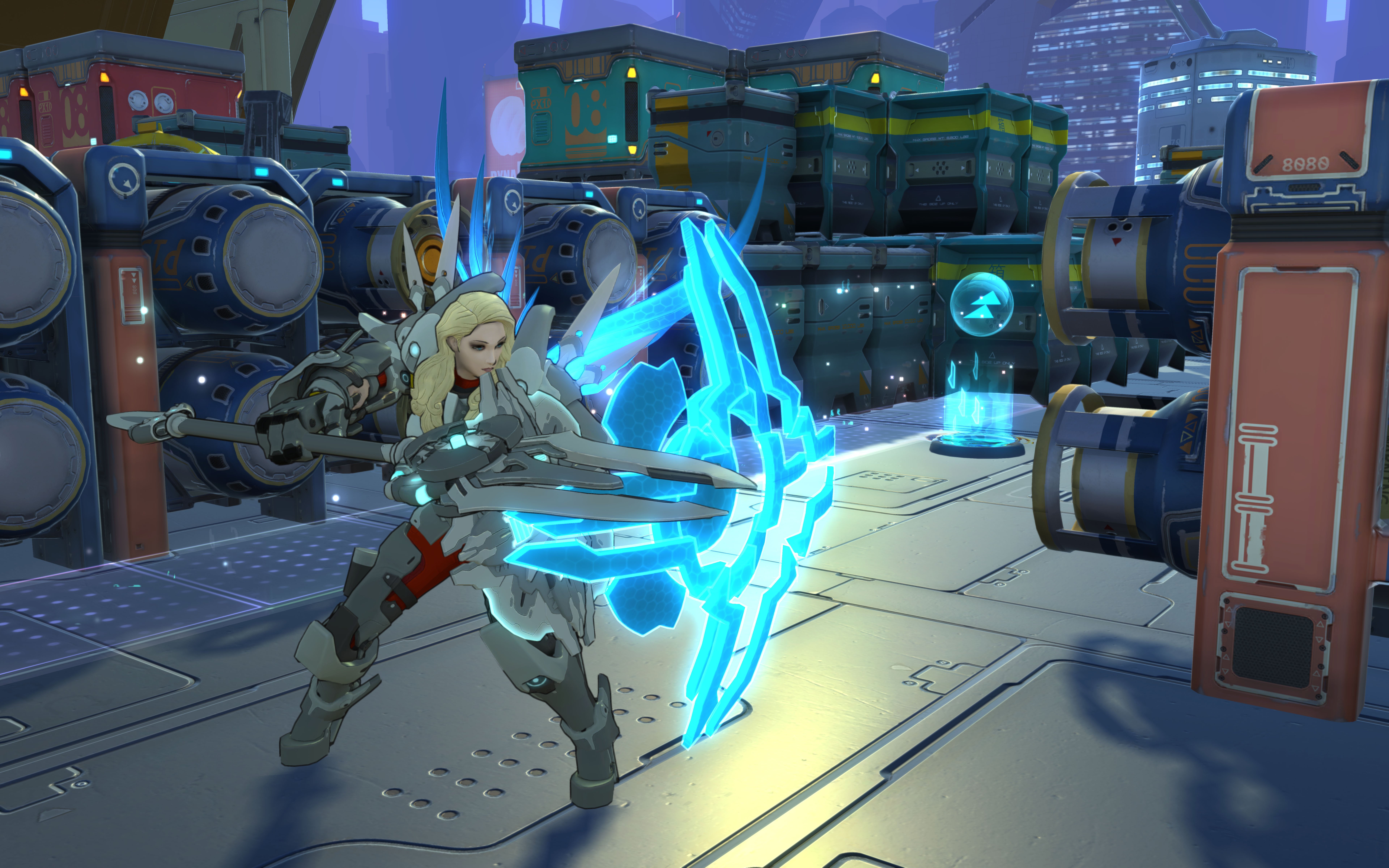
-
atlas-reactor #14
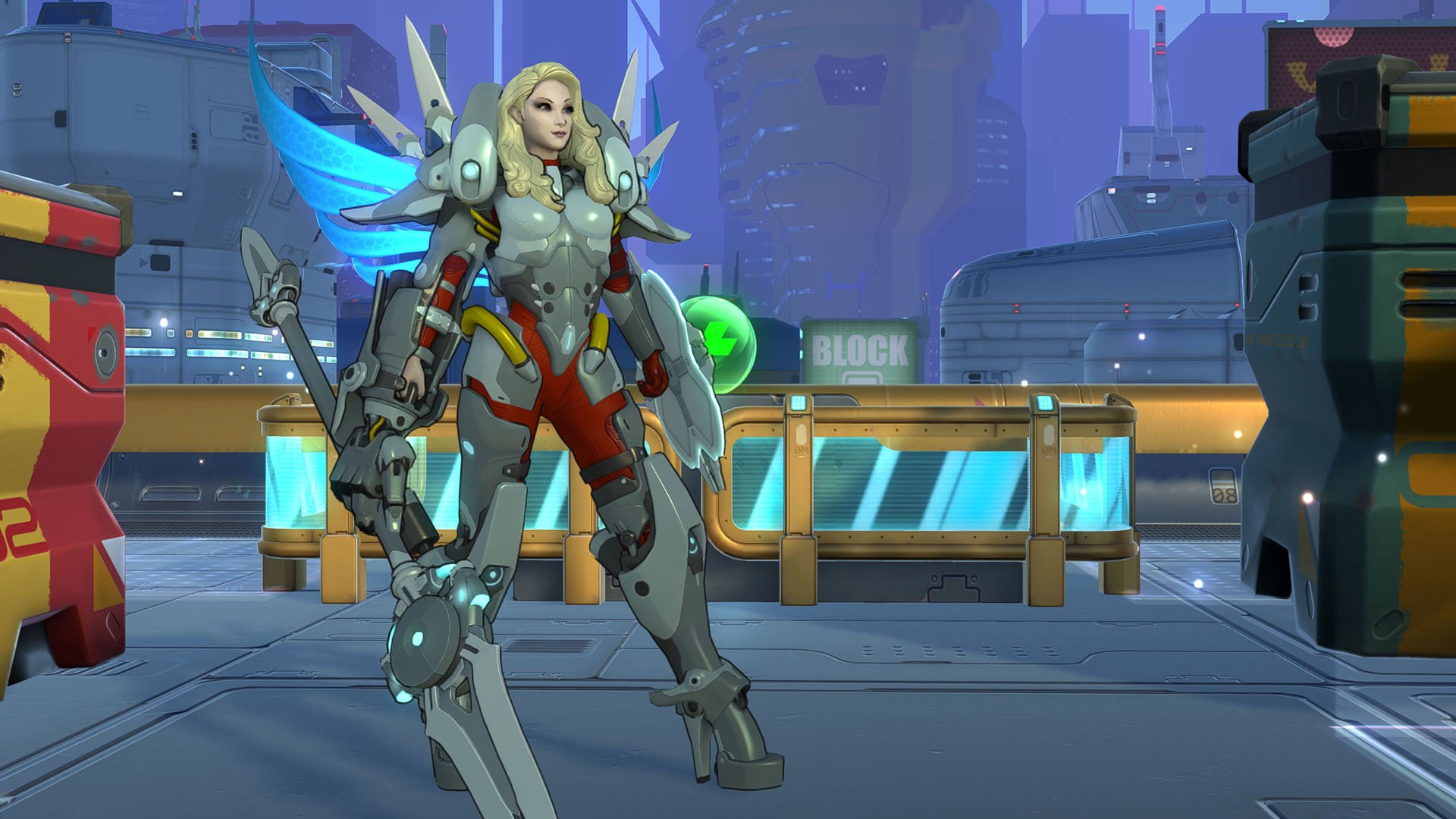
-
atlas-reactor #15
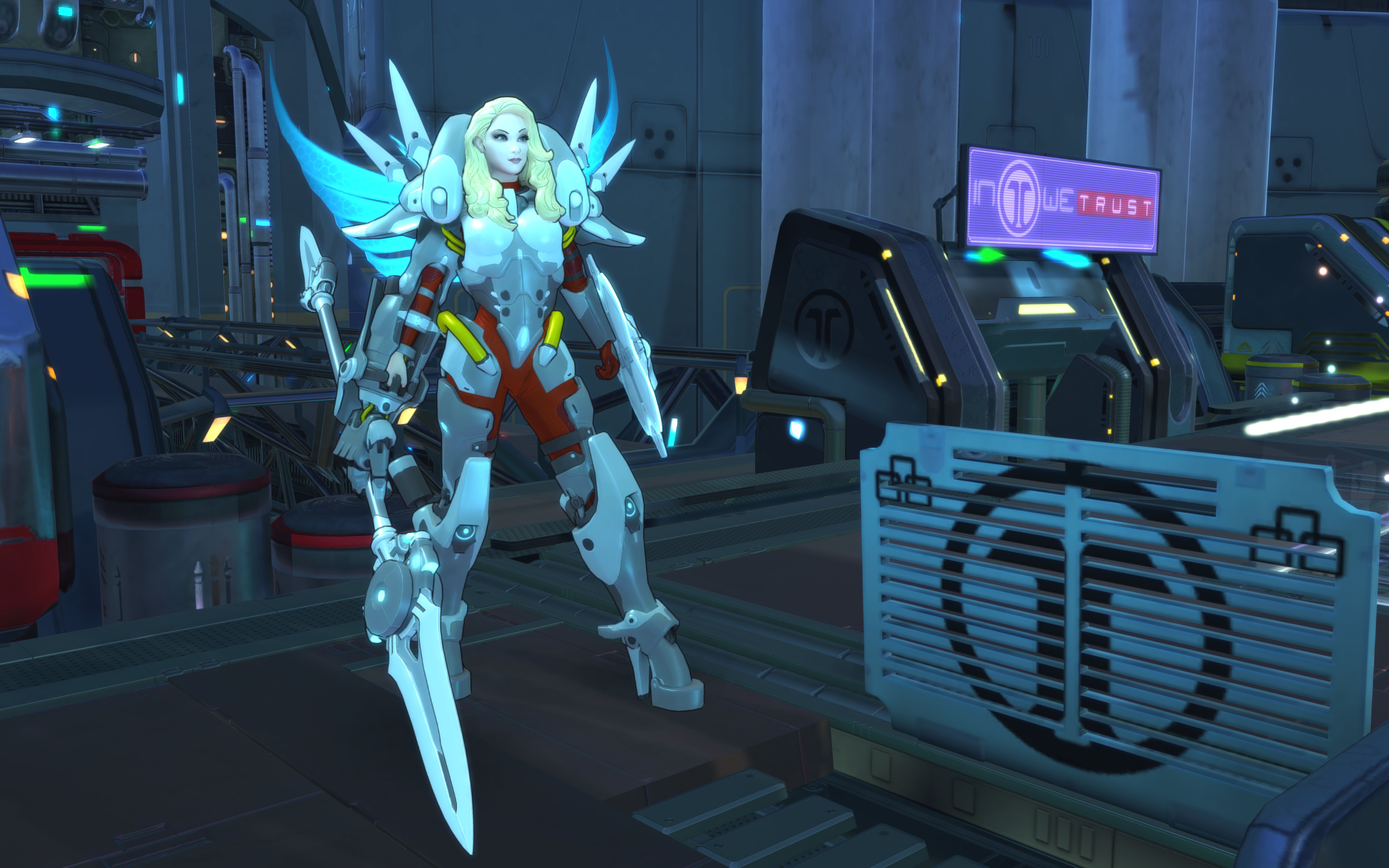
-
atlas-reactor #16








